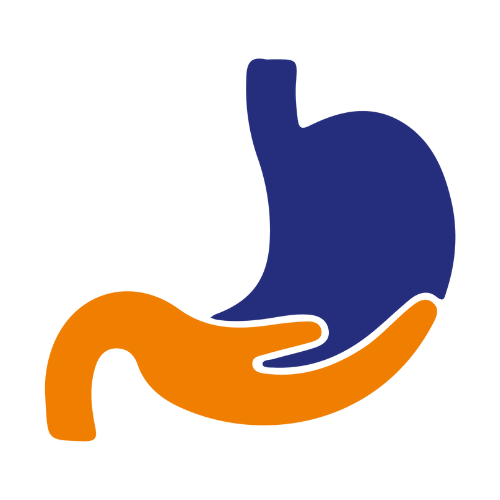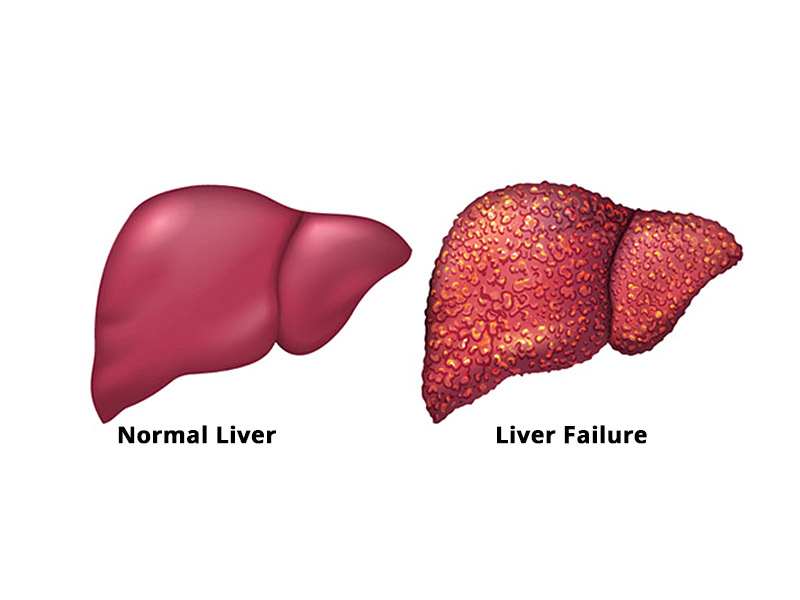Acute Liver Failure
Liver is the second largest organ in the body performing multiple functions. It major role is to process the food we eat & convert it into nutrients for the body to absorb, while filtering out harmful toxins from the blood. Liver failure is a serious condition and needs immediate medical attention.
Liver Failure may be classified into Acute Liver Failure & Chronic Liver Failure
In Acute liver failure (also known as fulminant hepatic failure) loss of liver function occurs suddenly, sometimes within weeks and may not even have symptoms in most cases. Chronic liver failure develops rather slowly, taking months or years before showing symptoms.
What are the Symptoms?
Jaundice is the most common symptom of Acute Liver Failure. Some other signs & symptoms include:
- Jaundice
- Pain in the top right part of the abdomen
- Swelling
- Nausea
- Vomiting
- Disorientation
- Drowsiness
What are the Causes?
Liver cancer happens when liver cells develop changes (mutations) in their DNA. A cell’s DNA is the material that provides instructions for every chemical process in your body. DNA mutations cause changes in these instructions. One result is that cells may begin to grow out of control and eventually form a tumor — a mass of cancerous cells.
Sometimes the cause of liver cancer is known, such as with chronic hepatitis infections. But sometimes liver cancer happens in people with no underlying diseases and it’s not clear what causes it.
How is it Diagnosed?
- Blood tests to determine how well the liver is functioning. A prothrombin test to measure the time it takes for blood to clot. In patients with acute liver disease, blood clots take longer than usual
- Imaging tests such as Ultrasound can help determine the cause & extent of liver damage. Other tests such as CT Scan or MRI may also be recommended in cases where the doctor suspects a problem in the liver, but ultrasound reports are negative.
- Liver Biopsy can help your gastroenterologist understand the cause of liver failure. As Acute liver damage patients are susceptible to bleeding during biopsy, a trans-jugular liver biopsy may be recommended.
What are the Risk Factor?
Acute Liver failure can lead to:
- Excessive fluid build up in the brain also known as cerebral edema
- Bleeding in gastrointestinal tract, which may be difficult to control
- Infections in respiratory tract, urinary tract or in the blood
- Kidney failure is common in patients who have liver failure
How is it Treated?
Treatment for acute liver failure involved hospitalisation. Patient may need to be admitted to the Intensive Care Unit (ICU) where the doctor would treat liver damage while managing symptoms & complications.
Treatment methods include:
- In cases where the cause of acute liver failure is overdose of acetaminophen, certain medications may be recommended to reverse the poisoning. Mushroom & certain other causes may also be treated with medications that can reverse their toxic effects
- In cases where acute liver failure cannot be reversed, the only way out would be a liver transplant, which involved removal of the damaged liver & replacing it with a healthy liver from a donor.

